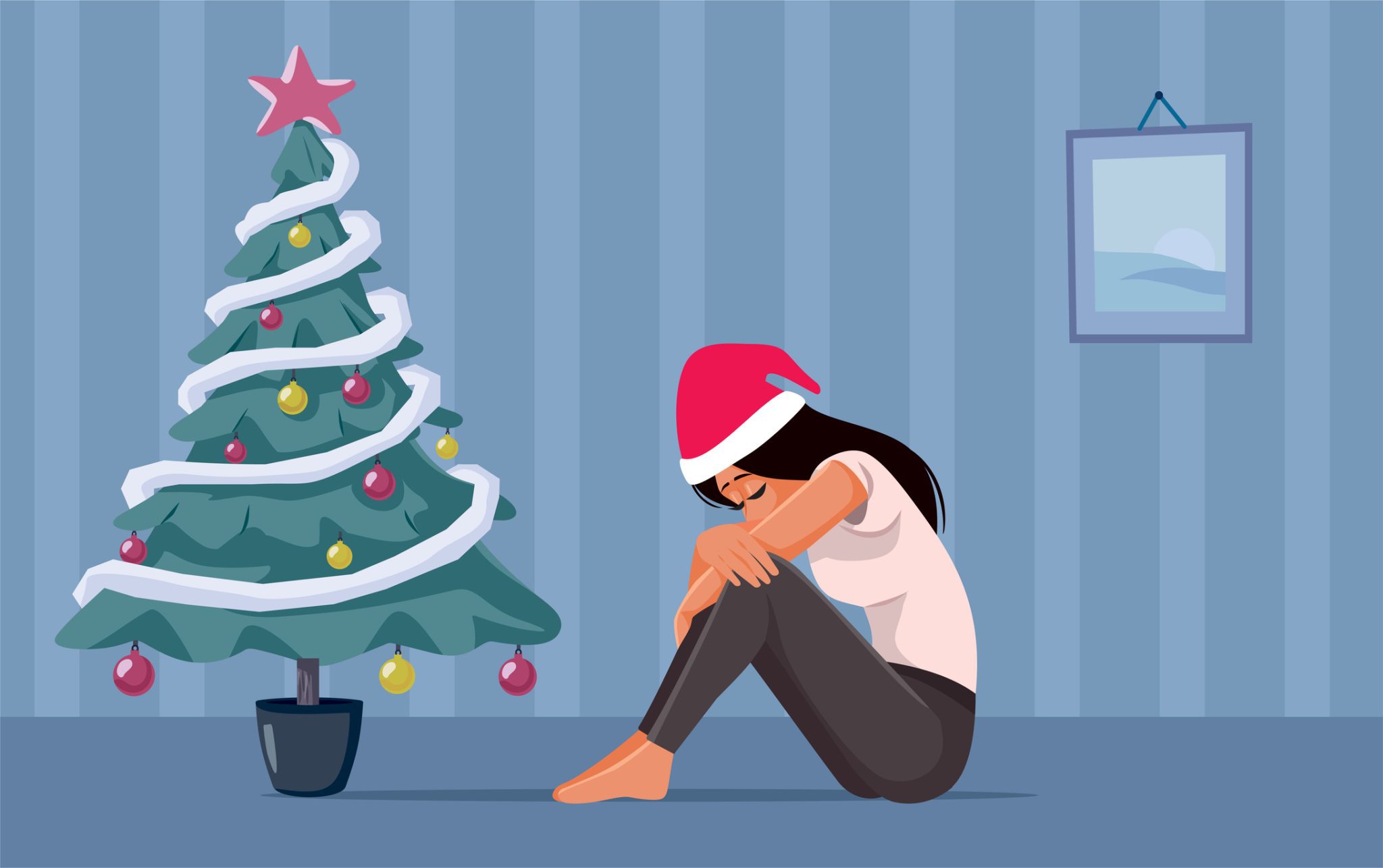By Rachel Brauner and Lakshmi Mahadevan, Ph.D.
“May your days be merry and bright and may all your christmases be white.” Lyrics most often heard around the holidays, but for many, the holidays are not always merry and bright. For caregivers, the holidays can be a time of a rise in stress, anxiety, or grief over past losses.
Caregivers often provide care, companionship, and support for individuals with disabilities, however, often at the cost of their own mental health and well-being. Like many essential roles, caregiving is physically and emotionally taxing. Approximately 40-70% of caregivers have depressive symptoms, with 25-50% of caregivers meeting criteria for major depression (Family Caregiver Alliance, 2006). During the holidays, caregivers may see an uptick in the symptoms. According to the National Alliance on Mental Illness (NAMI), around 64% of people report that the holiday season worsens their mental health conditions worse.
Common symptoms associated with the holidays include, frustration, sadness, fatigue, sense of loss, social isolation and loneliness. Following are some tips to stave off the holiday blues:
- Focus on what is most meaningful. As much as we would like to create the perfect holiday experience, it’s really about joy, quality family time and building new memories.
- Share your wish list with others that could provide assistance and support, for respite or time-off from caregiver duties and home repairs that has been on your to-do list.
- Manage your time and determine appropriately how much energy can be expended on holiday preparations and hosting duties.
- Anticipate and plan for self-care when hot button issues occur that trigger holiday stress, unhappy memories, as well as feelings of grief or loss.
- Connect with family and friends by phone, text, email, or social media to reduce the feelings stemming from being alone or isolated.
Talk to a mental health professional or your primary care physician if the emotional distress lasts beyond two weeks. If you believe you are experiencing a suicidal crisis, contact the 988 Suicide and Crisis Lifeline which provides free and confidential emotional support 24/7.













